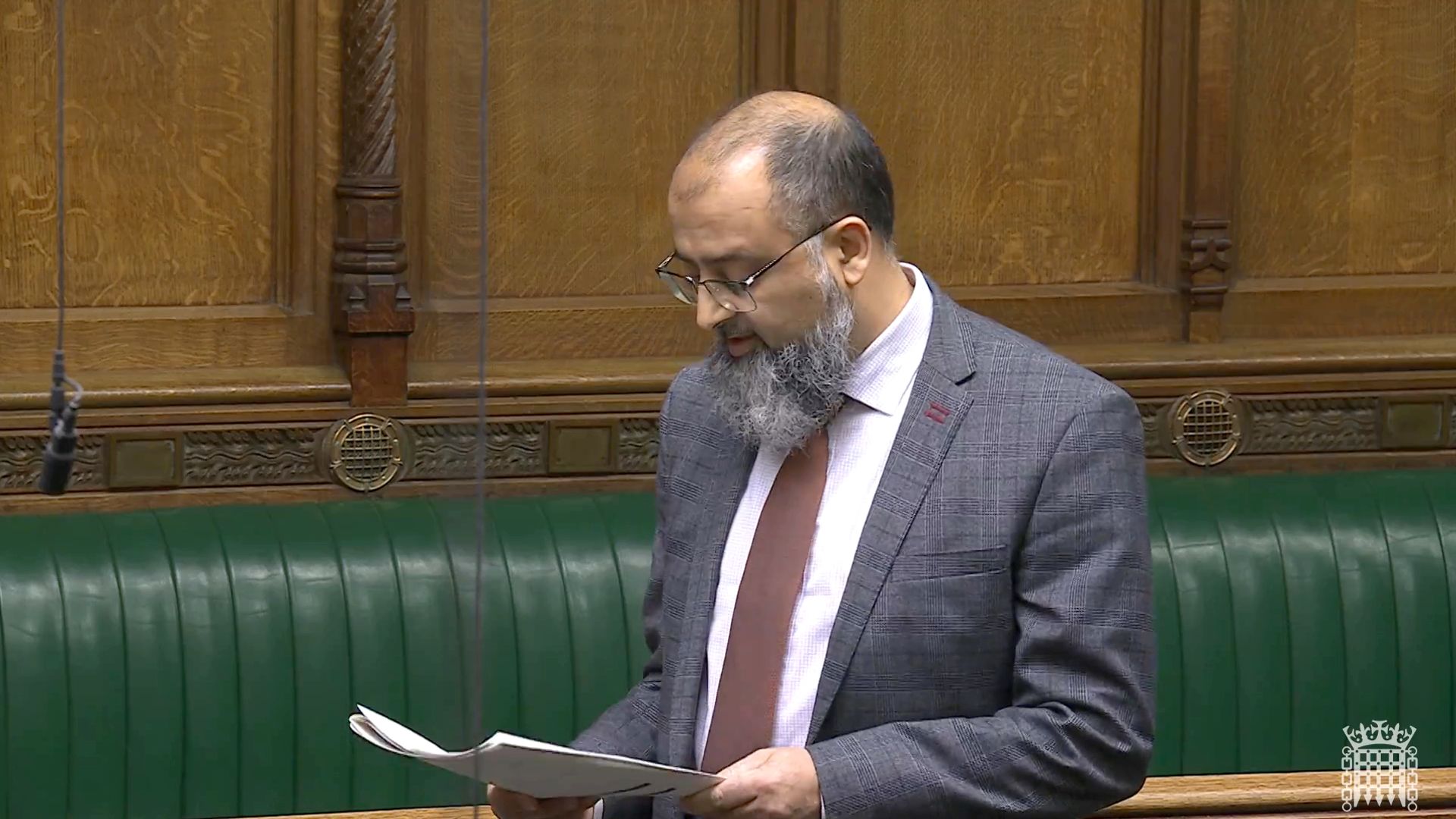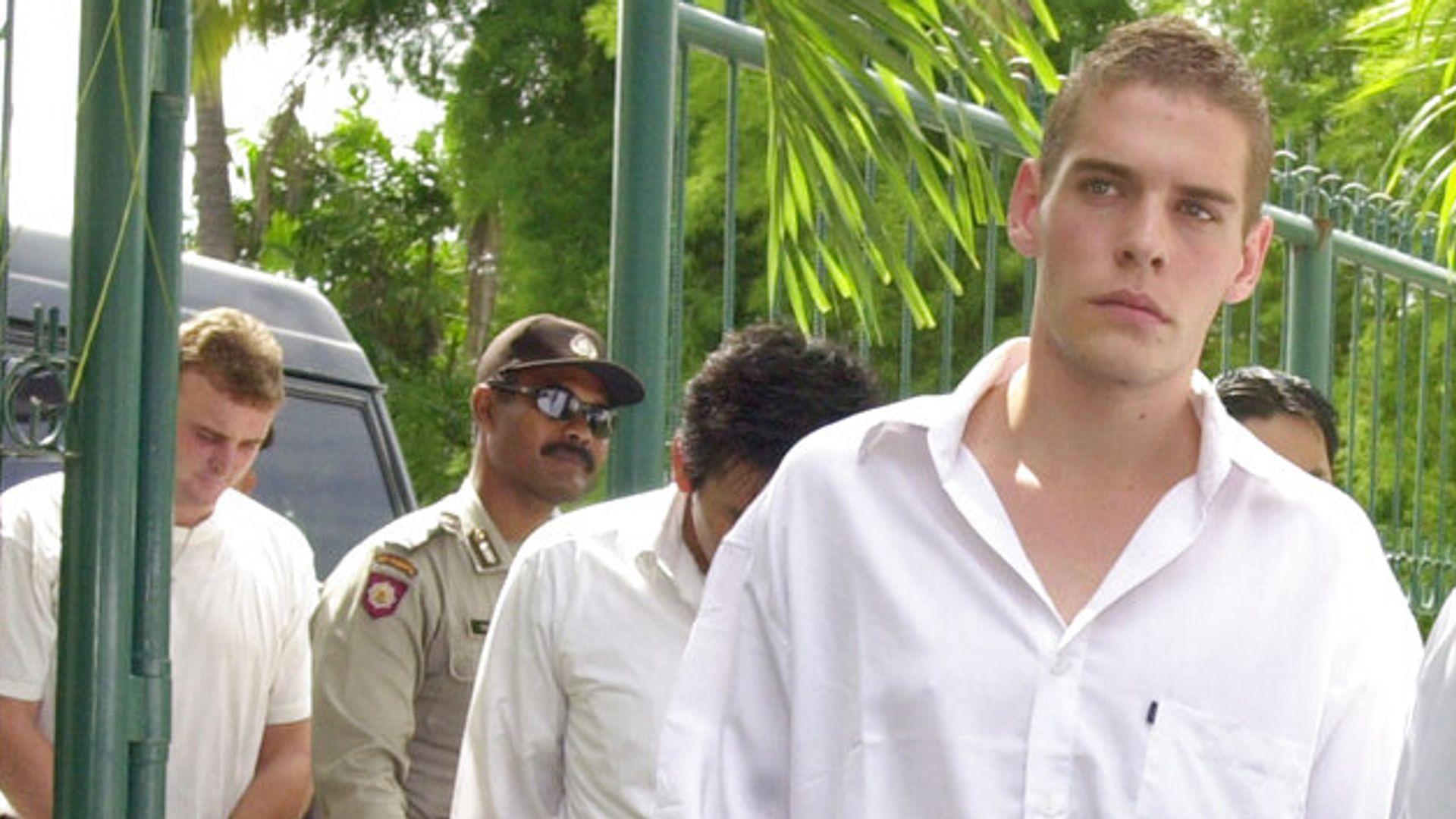An MP has spoken against calls to ban first cousin marriage in the UK, suggesting instead that advanced genetic screening is made available to prospective married couples.
Independent MP Iqbal Mohamed said while “freedom of women must be protected at all times”, he did not believe outlawing the practice would be “effective or enforceable”.
Politics latest: £1,200 of taxpayers’ money spent on two folders
He argued that rather than “stigmatising” cousin marriages, a “much more positive approach” should be adopted to respond to health concerns linked to the children of those relationships.
The MP for Dewsbury and Batley suggested measures could include adopting similar screening efforts to those undertaken in Arab countries in the Persian Gulf.
Mr Mohamed was responding to Conservative former minister Richard Holden, who has introduced his Marriage (Prohibited Degrees of Relationship) Bill for further consideration in the Commons.
The current law prohibits marriage to a sibling, parent or child, but not marriages between first cousins.
Mr Mohamed told the Commons: “There are documented health risks with first-cousin marriage and I agree this is an issue that needs greater awareness.”
He spoke of the need to prevent so-called “virginity testing” and forced marriages, and also to protect the freedom of women.
He told MPs: “However, the way to redress this is not to empower the state to ban adults from marrying each other, not least because I don’t think it would be effective or enforceable.
“Instead the matter needs to be approached as a health awareness issue, a cultural issue where women are being forced against their will to undergo marriage.”
First cousin marriage ‘seen as something positive’
Mr Mohamed said an estimated 35% to 50% of all sub-Saharan African populations “prefer or accept” cousin marriages, and it is “extremely common” in the Middle East and south Asia.
He said it is popular because it is seen as “something that is very positive, something that helps build family bonds and helps put families on a more secure financial foothold”.
He added: “Instead of stigmatising those in cousin marriages or those inclined to be, a much more positive approach would be to facilitate advanced genetic test screening for prospective married couples, as is the case in all Arab countries in the Persian Gulf, and more generally to run health education programmes targeting those communities where the practice is most common.”
Read More:
Reform UK’s new Treasurer reveals he spoke to Elon Musk
Home Office pauses decisions on Syrian asylum claims
Follow our channel and never miss an update
Former Tory chairman Mr Holden introduced his proposals using the 10-minute rule process, which allows a backbench MP to make the case for a new bill in a speech of up to 10 minutes in the House of Commons.
However, these bills rarely become law unless they have government support, because of the limited parliamentary time given to them.
Downing Street said the expert advice on the risks of first-cousin marriage was clear but indicated that there were no plans to change the law.
“In terms of legislation, the government has set out its priorities,” a Number 10 spokesman said.
Mr Holden argues that a change in the law is needed as certain diaspora communities have “extremely high rates of first cousin marriage”, including Irish Travellers and the British Pakistani community.
He said such marriages have been linked to a higher rate of birth defects and can also “reinforce negative structures and control women”.
He said “health, freedom and national values” are the reasons why he moved the bill.









